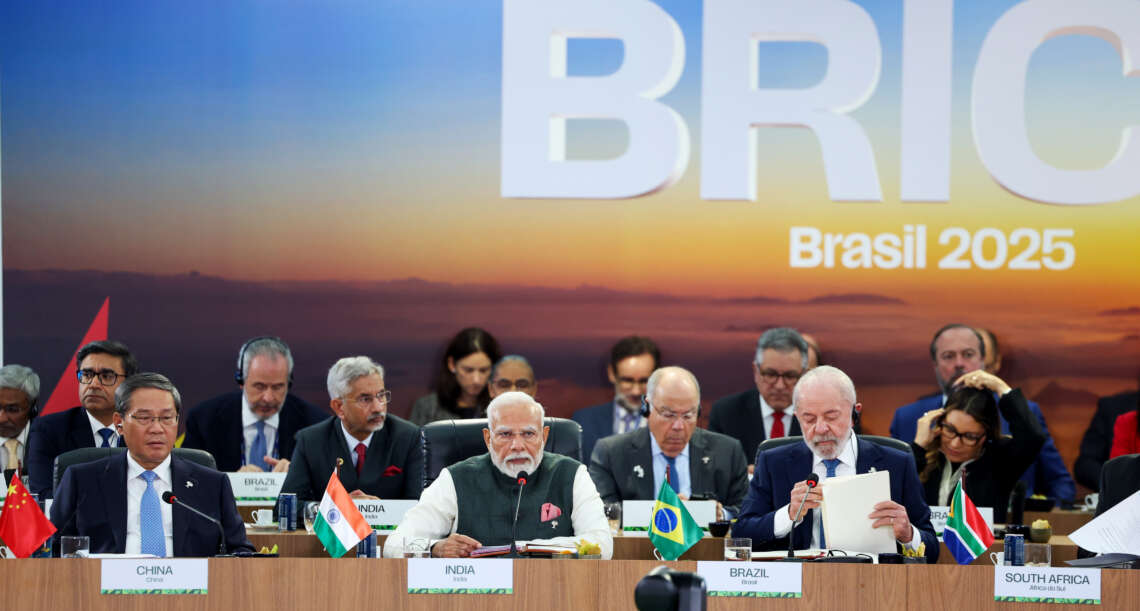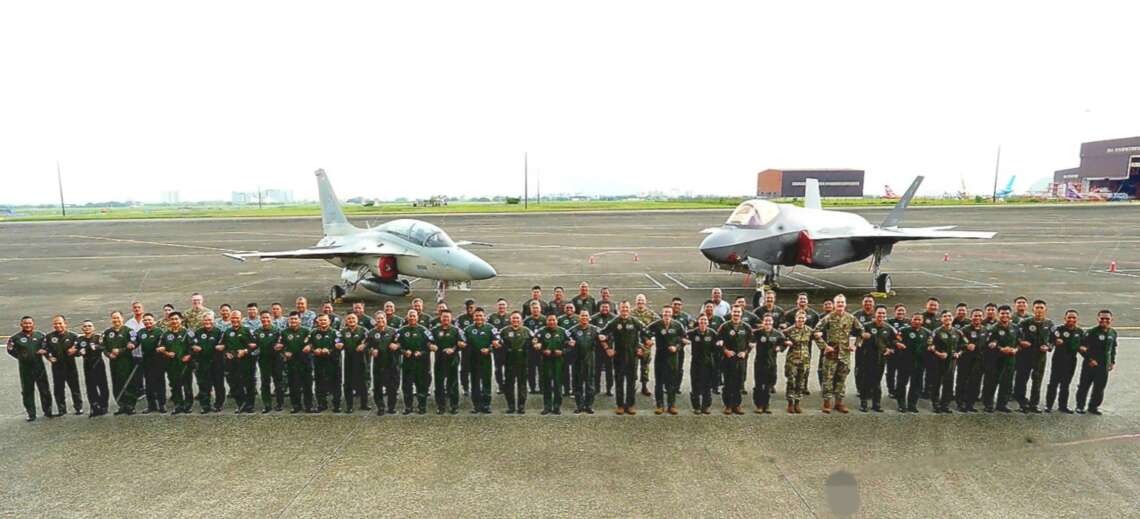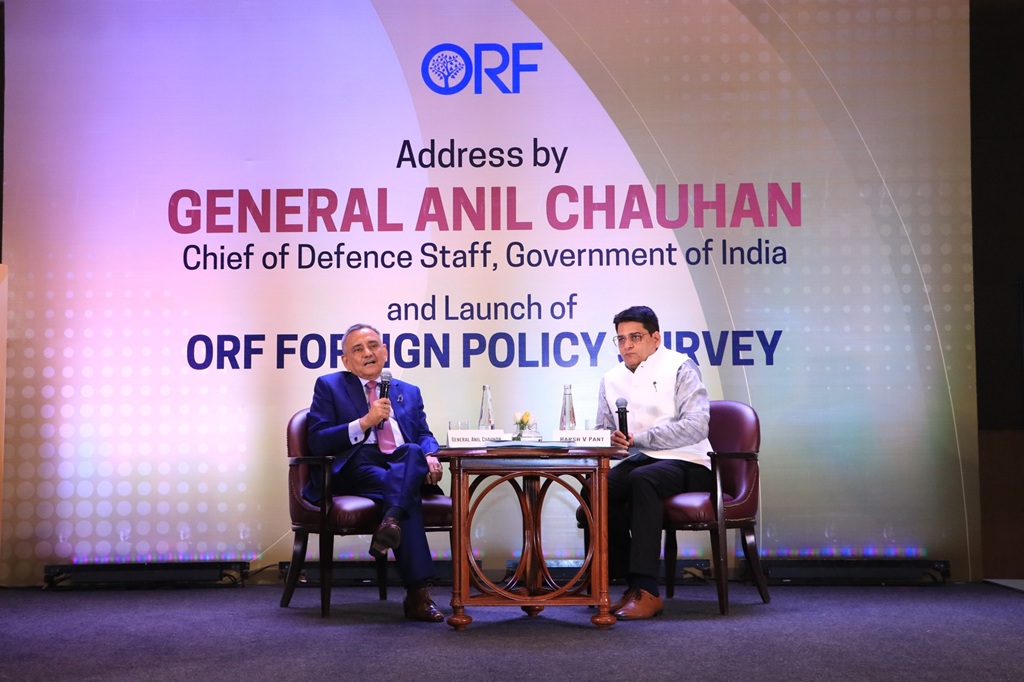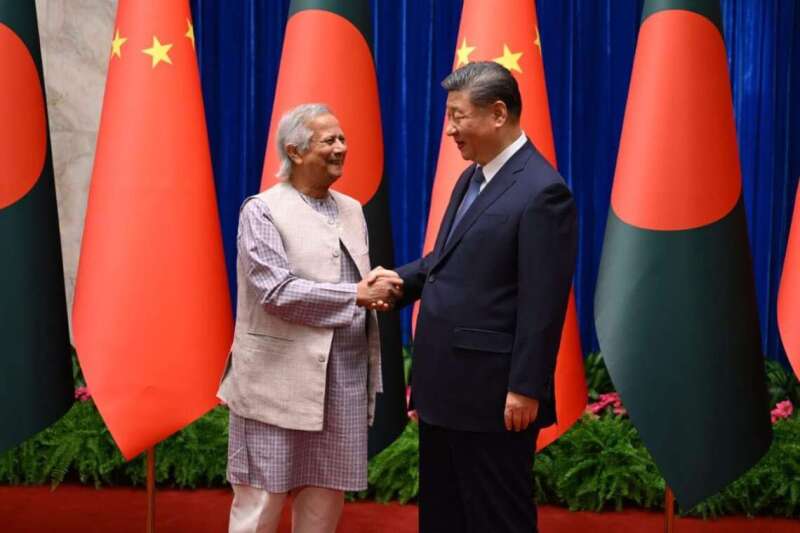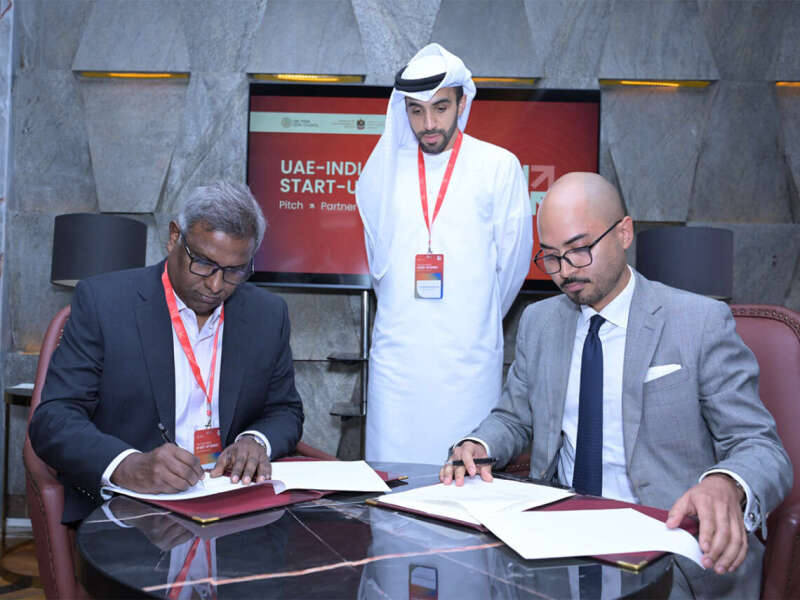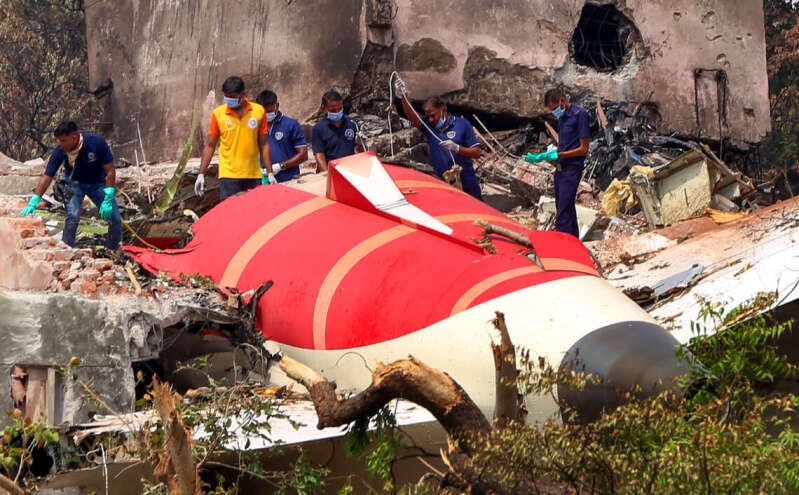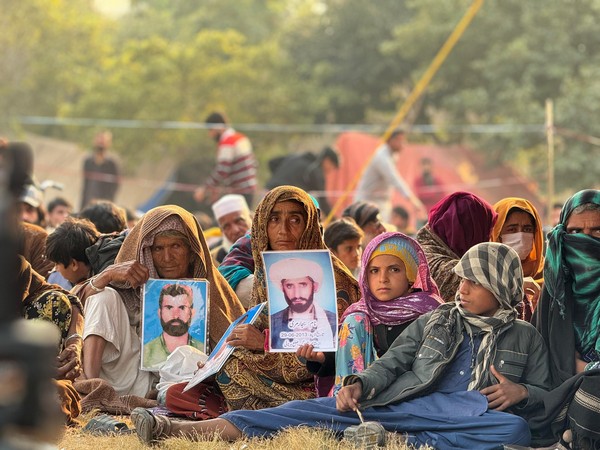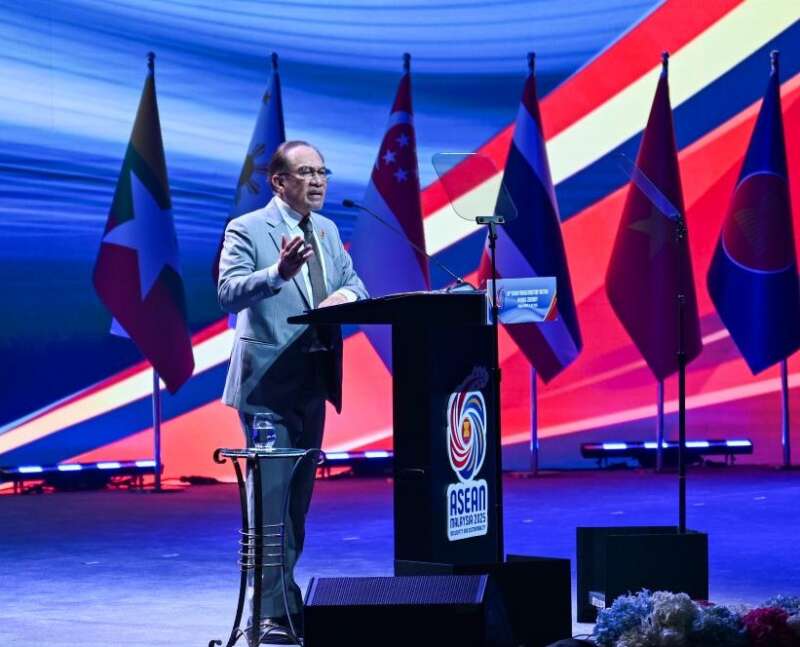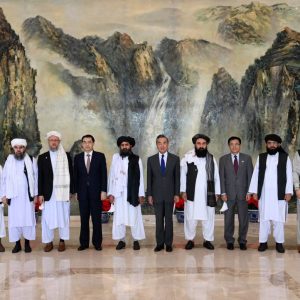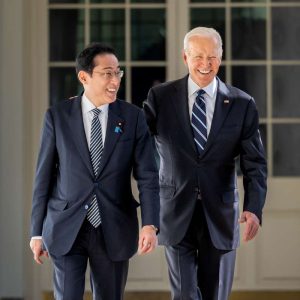The visit was part of Beijing’s effort to showcase the welfare of Uyghurs who had been deported from Thailand…reports Asian Lite News
Chinese authorities closely monitored Thai journalists during a tightly controlled visit to Xinjiang this week, insisting on reviewing their photos and deleting any unapproved images before they were sent to Thailand, according to a report by Radio Free Asia (RFA).
The visit was part of Beijing’s effort to showcase the welfare of Uyghurs who had been deported from Thailand.
On February 27, Thailand deported 40 Uyghur men to Xinjiang, claiming that no third country had agreed to accept them and that China had assured their safety. However, U.S. officials later acknowledged that the United States and other nations had offered to resettle the Uyghurs. The deported individuals were among more than 300 Uyghurs who fled persecution in Xinjiang but were detained in Thailand for over a decade.
The deportation was met with strong international condemnation. The United States imposed visa restrictions on certain Thai officials involved in the process, a move criticised by Western nations and human rights organisations. In response to mounting criticism, China invited Thai Deputy Prime Minister Phumtham Wechayachai and a team of journalists for a three-day visit to Kashgar, Xinjiang, beginning Tuesday, to highlight the welfare of the deportees and others who were forcibly returned in 2015, RFA reported.
However, journalists on the trip described heavy surveillance by Chinese security officials.
“Thai journalists were escorted by security personnel, who also requested to vet the images before allowing them to be sent back to Thailand,” said Pranot Vilapasuwan, news director at Thai-language daily Thairath, on Facebook, as quoted by RFA.
Pranot added that reporters were instructed to avoid photographing Chinese officials or, if they took images of Uyghurs and their families, to blur their faces. He also confirmed that Thai officials had screened journalists before the trip. “This means security agencies were filtering the media,” Pranot said during a program on Thairath online.
Human Rights Watch senior researcher Sunai Phasuk criticised the visit, calling it a staged attempt by China to control the narrative.
“Thailand is parroting China’s propaganda and collaborating in the crimes against Uyghurs,” Sunai said. (ANI)



